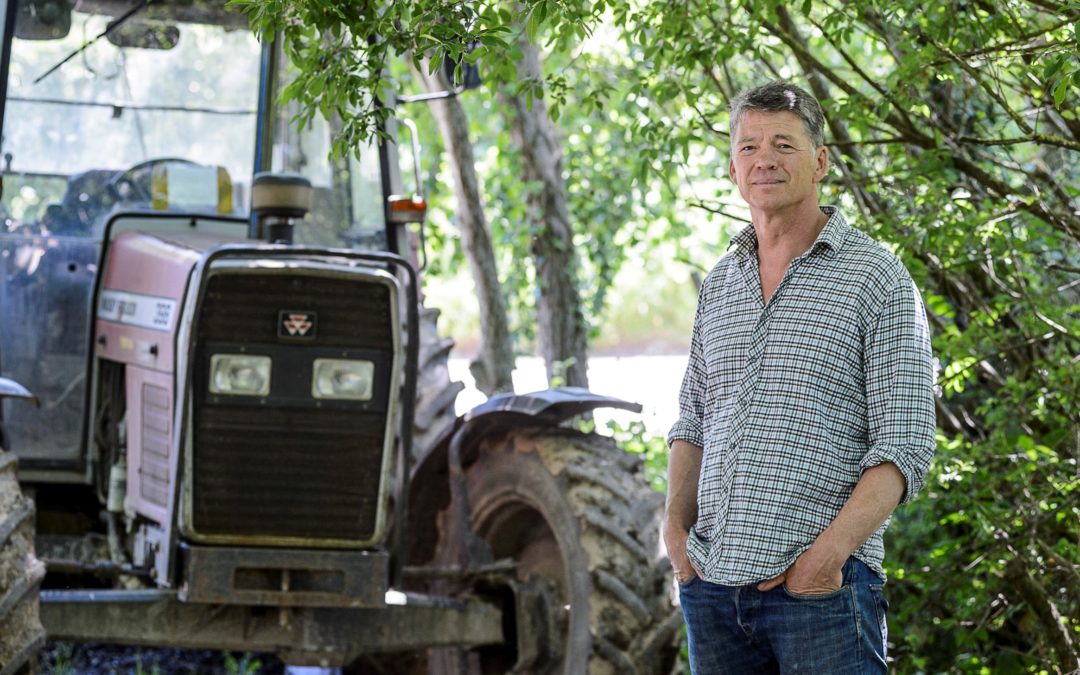A no-deal Brexit in March will exacerbate Britain’s ‘hungry gap’, the period between March and May when stored UK crops come to an end, says veg box entrepreneur Riverford founder Guy Singh-Watson.
UK grown crops such as kale, cabbage, greens, cauliflower, carrots, parsnips, swedes,apples, onions and potatoes all come to an end in March while the harvest of new-season produce does not start until mid-May.
Riverford Organic Farmers produces and delivers its iconic veg boxes to more than 50,000 homes throughout the country each week.
Its network of growers and suppliers in the UK includes Home Farm at Newby Wiske and other North Yorkshire producers.
Says Guy Singh-Watson: “For 30 years, Riverford has struggled with this reality – we even suspend our UK-only veg box from March to June because we often cannot find eight UK-grown items to put in it.
“While at Riverford we import 30% of our produce in the fallow March-May period, as a nation we import about 50% of our fruit and vegetables. And that figure starts to rise in the new year, reaching about 80% in April before falling again in June.
“If there was a “best time for a no-deal Brexit”, it would be July to September, as any gardener could tell our politicians. Were we to leave without a deal there couldn’t be a worse time than 29 March, unless you like woody swedes and sprouting potatoes!”
To bridge the annual hungry gap, Riverford has established partnerships over the last 20 years with small-scale organic suppliers in Spain, France and Italy, and across the world.
Guy adds: “Most are small and medium-sized organic farms who have become firm friends as well as trading partners. To see our businesses and relationships destroyed in the name of soundbites, bigotry and ignorance is disheartening.
“We will never grow lemons but with time, education and investment our diets and farming could adapt to be less dependent on imports, although the change will take years, not months.”
Last year, Riverford became employee owned which saw Guy Singh-Watson sell 74% of the business to his staff for £6 million, retaining 26% and his trademark active role in the business.
The company employs 600 staff and reported turnover of £60m in 2018. Looking ahead, Riverford has committed to replacing single-use plastic with home compostable packaging in its organic veg boxes by the end of 2020.
A recent study against major supermarkets found that Riverford’s three most popular veg boxes contained 82% less plastic packaging than the comparable supermarket organic veg.





